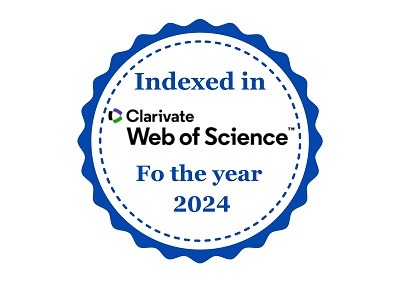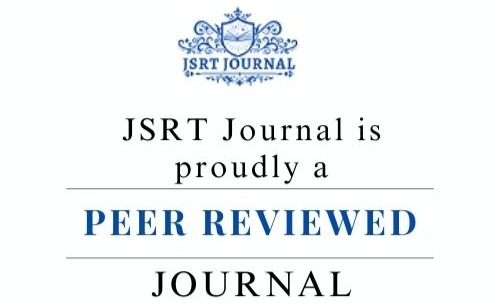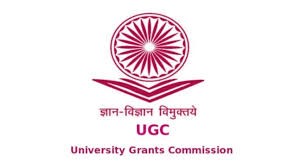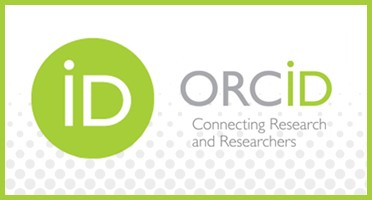Financial Literacy and Money Management of Lower Income Households: A Study in Ernakulam, Kerala
Keywords:
Consumption Behaviour, Economic Empowerment, Economic Stability, Financial Awareness, Financial Literacy, Lower-Income Households, Money ManagementAbstract
Financial literacy is a vital component of economic empowerment, especially for lower-income households that often struggle to make sound financial decisions due to limited resources. This study examines the financial literacy and money management practices of lower-income households in Vaduthala ward, Ernakulam district, Kerala, where the overall literacy rate is high, but financial awareness and informed decision-making remain challenges. The research aims to evaluate household consumption behaviour, saving and investment patterns, and how financial literacy affects their economic stability. Findings show that most respondents prioritise essential goods over luxury items, indicating cautious financial behaviour, yet their awareness of formal financial services and modern investment options is limited. Structural issues such as irregular income, lack of job security, and limited access to reliable financial institutions hinder their ability to build long-term financial stability. Despite these obstacles, respondents expressed interest in financial literacy programs, underscoring the importance of targeted awareness efforts to improve decision-making and enhance money management skills. The study highlights the significance of financial education, community-based saving initiatives, and accessible banking services in empowering low-income households to strengthen financial resilience and work toward sustainable economic well-being.











